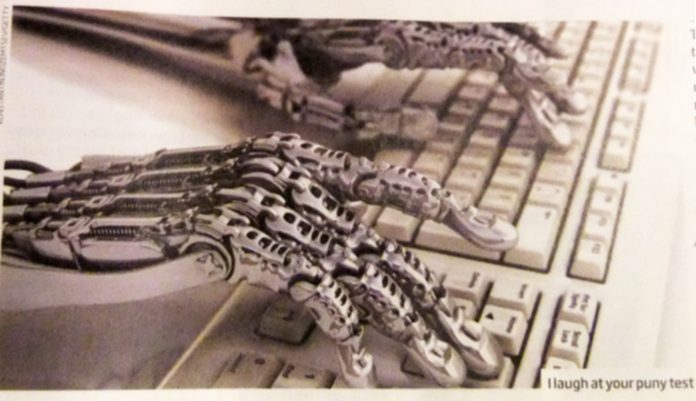Enterprises are a heterogeneous group. In digitalisation, there are “front-runners” developing new technologies and those, which “follow” and have to adapt to new technologies.
EU companies advocates for an agile and holistic approach among all the Commission’s measures and services to ensure that all new legislation is designed for a digital environment that leaves ample room for bold experimentation with new business models. It should also build trust among consumers and businesses and ensure fairness, transparency and a level-playing field for all enterprises.
To allow all enterprises to grasp the opportunities of digitalisation, UFM should ask the Member States of the Union to further develop the communication network infrastructure, in particular in rural areas, with the goal of achieving an EU-wide high-speed broadband network.
EU funds have to take the Enterprise perspective into account. UFM should consult the EU organisatios on the yearly work program for Digital Europe. Moreover, training support should be granted to entrepreneurs and workers alike. Projects under the programmes: Digital Europe and Horizon Europe need to require a percentage of SME involvement, by including SMEs or their organisations.
Furthermore in the “Digital Europe” programme, the establishment of the European Digital Innovation Hubs should focus on the inclusion of multipliers – already established intermediary and regional organisations – to ensure sufficient support for Enterprises for digitalisation.
In the field of Artificial Intelligence (AI), projects from science and industry should be broad enough in order to be suitable for piloted AI applications and should also take companies interests into account.
Awareness raising and the provision of impartial information on solutions, support programmes and technology providers has to be ensured. Finally, UFM should prepare a Digital Knowledge Centre as a platform to share knowledge and expertise on digitalisation. It can coordinate the exchange of best practices, the organisation of specific seminars, webinars and workshops, the development of toolkits and learning material and the planning of awareness raising campaigns.
Cybersecurity
The European Union should protect vital digital networks and infrastructure to avoid economic damage for enterprises and society as a whole.
By creating a Cybersecurity Competence Network and Centre, the Commission should support awareness raising for companies on cybersecurity and provide know-how on actions to implement cybersecurity in the company. Finally, these centres should stimulate the development of cybersecure products and solutions.
Data economy
The legal framework for the data economy should be developed with a spirit to data portability, in such a way that businesses and individuals have more concrete possibilities to govern, share and sell their data. Individuals and businesses should also have the possibility to govern the data collected from them by the public sector. Data portability enables an easy switch to a new supplier, lowering cost and boosting competition.
UFM should have data generated by public sector bodies (e.g. legal, traffic, meteorological etc.) in a widely available, accessible, open and in readable format. This will be a key feature for the correct implementation by Member States of the Open Data and Public Sector Information Directive.
The Regulation on the Free Flow of Non-Personal Data removes all disproportionate restrictions to the movement of non-personal data within the EU. Companies from outside Europe can operate without hinderance in the European Union, but European companies may be subject to data localisation restrictions there. UFM should ask for global reciprocity in data transfers. Is recommend that the European Commission continues to add provisions for cross border data flows and data protection in both plurilateral and bilateral trade agreements and to investigate the possibility to incorporate this in the framework of the World Trade Organisation (WTO).
Dr. Vassilis Korkidis, is President of Hellenic Confederation of Trade (ESEE) and President of the Piraeus Chamber of Commerce and Industry (PCCI).

